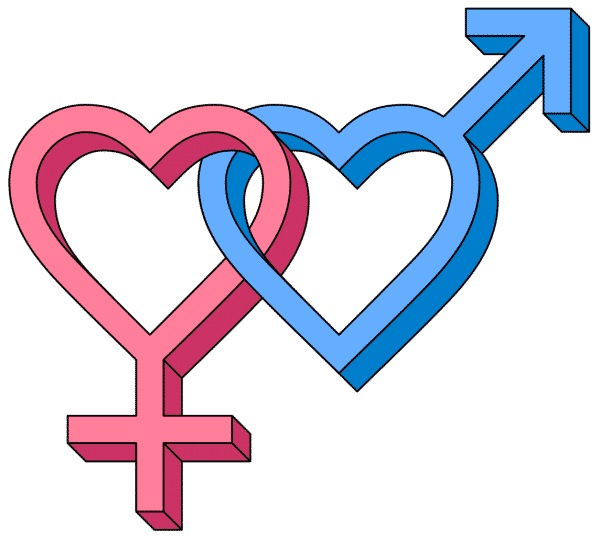
In every corner of the world, when people live in groups, the problem arises as to how to control sexuality so that there is some inhibition or control of negative sexual expression which disrupts society and enough positive expression to allow for good enough sexual gratification and reproduction.
Sexuality is so much more than the behaviours between a man and a woman that are driven by the need to reproduce. Sexuality is the personal sexual expression resulting from the each person’s biology, psychology, family of origin experiences, social experiences both good and bad, personal sexual experiences both good and bad, and the cultural and religious variables within any particular group. No one culture has the ownership of the “correct” way to be sexual. And no cultural description is completely accurate of the whole culture or each individual within that culture.
Nearly universally, it is men who have shaped and who control the public expressions of sexuality. With the need to control lineage and property, men have determined what socially acceptable sexual behaviour is for women. The punishment for acting outside the proscribed boundaries has usually been severe.
When marriage is central to male status, the notion of ‘femininity’ becomes dominated by the female roles of wife, mother and, mother- and daughter-in-law. Women are needed and valued for domestic and sexual roles. How, then, does each woman gain a sense of herself as a sexual being and learn how to express her sexuality in ways that please her within this setting? Sexuality is part of us from birth till death and we express it to others whether we want to or not. The question is – what do we express? There is much confusion about what is normal, what is acceptable, what is healthy and how to get the best for ourselves sexually.
How a woman feels about sex, sexuality and sexual relationships depends on many factors which come together quite uniquely for each individual woman. These factors include each woman’s unique physiology (how easily orgasmic she is), psychology (anxiety levels), family of origin role modeling (was her parents’ marriage happy), her experiences of sexuality in her environment (what was she taught at school or shown in films), the person/s she has had experiences of sexuality with (being praised, told she is valued, beautiful, sensual) and her partner’s experiences and sexual competence (how confident and able is he with his sexuality). The experience of happiness in life is often dependent on relationship wellbeing, which, in turn, is often dependent on sexual wellbeing.

Good useful sex education includes specific sexual content about female physiology, menstruation, childbearing, contraception and how women have successful sexual relationships. In reality, it is most commonly composed of myths, jokes, fears and denial of the existence of female sexuality except as a service to be provided to men within the boundaries of marriage. All religions stress the woman’s obligation to fulfil her sexual duties within marriage but are poor on teaching how this should be done well to enable pleasure for the woman as well as her husband.
Today, especially in Western cultures, women are being given greater freedom to be sexual within themselves, greater freedom to choose who they express their sexuality with and are more entitled to enjoy sexuality for themselves apart from the provision of a sexual service to their husband. How this is incorporated within each woman’s sense of what is “correct” for herself and her family is an interesting creative journey for each woman.
What Indian women think
The ideas and beliefs each woman has about sex, sexuality and men are important and are needed to help educators give the appropriate sexual education for each cultural group. This questionnaire has been developed to understand what Indian women believe about the penis. There is no right or wrong answer and all the answers are confidential and will be added together to give statistical values for the group.
Your participation is greatly appreciated and the results will be made available.
The survey is at https://www.surveymonkey.com/r/iwpofps
(Dr Margaret Redelman, OAM, works as a Sex Therapist and a Relationship Therapist in private practice in Bondi Junction. She is on the executive committee of Society for Australian Sexologists (SAS) and has held multiple executive positions in the Sexual Health field including President of SAS NSW in 2014 to 2016)




